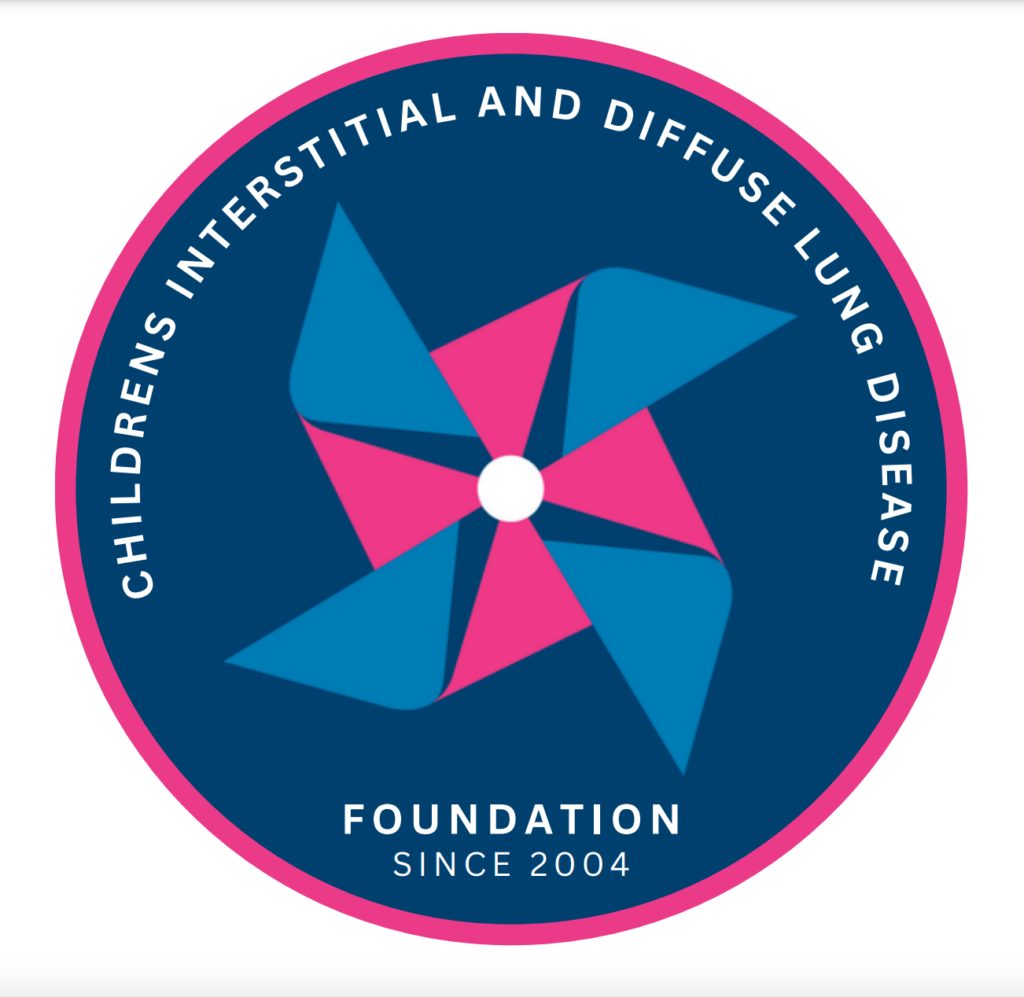Surfactant is important for normal lungs. Read more about normal surfactant here.
Surfactant protein B (SP-B) deficiency happens when there is a problem with making the SP-B protein. The lungs don’t make enough SP-B protein or the protein is abnormal. This makes it so surfactant doesn’t work right. It can build up inside the alveoli. This causes lung inflammation and injury. Children may also have breathing problems because they don’t have enough normal surfactant in their lungs.
This is caused by a mutation (mistake) in the SFPTB gene. It is an autosomal recessive condition. This means a child needs to have two copies of the abnormal gene to show symptoms. The mutations happen at random or can be passed on by parents.
SP-B deficiency usually causes severe illness in infants. Babies with SP-B deficiency have trouble breathing and low oxygen levels. It can cause problems soon after birth and make babies very sick.
Diagnosis:
SP-B deficiency is possible when babies have trouble breathing and abnormal chest imaging. Several studies may need to be done. These include:
- A chest x-ray may show areas of pneumonia.
- A lung scan (Chest CT) may show areas of grayish-white and could look like areas of pneumonia.
- Genetic testing for SFPTB mutations is usually what can tell us the diagnosis. The results of genetic testing will usually take several weeks. Sometimes testing also needs to be done in parents.
- If a child is very sick or a diagnosis is not made through genetic testing, a lung biopsy may be needed.
Treatment:
Treatment is to support breathing and nutrition. There is no cure for any of the surfactant disorders. There are several treatments that doctors might recommend.
Babies with SP-B deficiency usually need positive pressure to help them breathe oxygen in and carbon dioxide out. They usually need the intensive care unit for help breathing. Lung transplant may be considered for babies with very severe symptoms.
For new babies, artificial surfactant may help with breathing. It is given through a breathing tube. This only helps for a short time and does not treat the problem long-term. Medicines are often used to block the inflammation in the lungs caused by abnormal surfactant build-up. These might include steroids (given by mouth or by injection), azithromycin, or hydroxychloroquine. Some children benefit more from these treatments than others. More research is needed to help doctors understand how well these medications work.
Your medical team will help decide which medicines to use and how long to use them.
What does SP-B Deficiency mean for my child?
SP-B deficiency is a very severe disease. It makes babies very sick and they usually need a lot of help to survive. They may need positive pressure during their whole life. Lung transplantation is the only treatment option for many babies.
It is important to protect your child’s lungs from infection by making sure they get the recommended vaccines.
What to watch out for:
- If your child is working hard to breathe, talk to a health care provider. If possible, ask to see a lung specialist who is experienced with these conditions.
- Try to prevent infections from common childhood illnesses. Wash your hands often and ask your friends and family to let you know if they are sick before they are around your child.
- Get your child’s vaccines and yearly flu shot.
This information is for Educational Purposes only. It should not be used as a substitute for the medical advice of one’s healthcare provider.
Sign Up on our website for information about events and to communicate with other families.
Author(s): Katelyn Krivchenia Reviewer(s): Katelyn Krivchenia Version: 1.0
